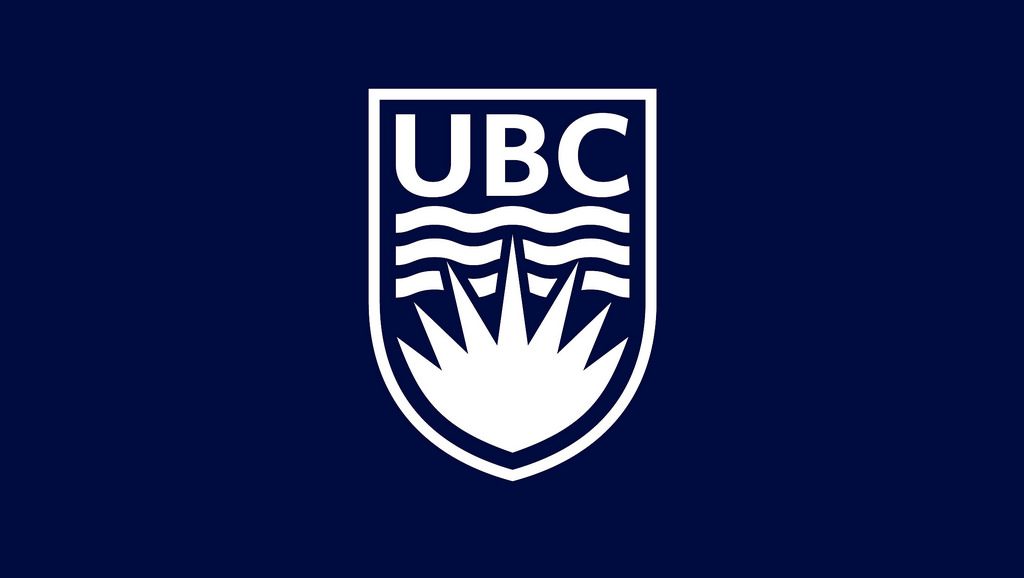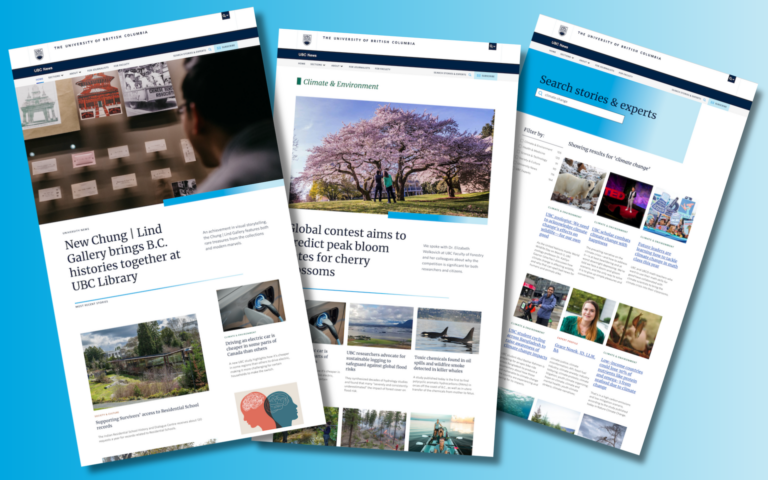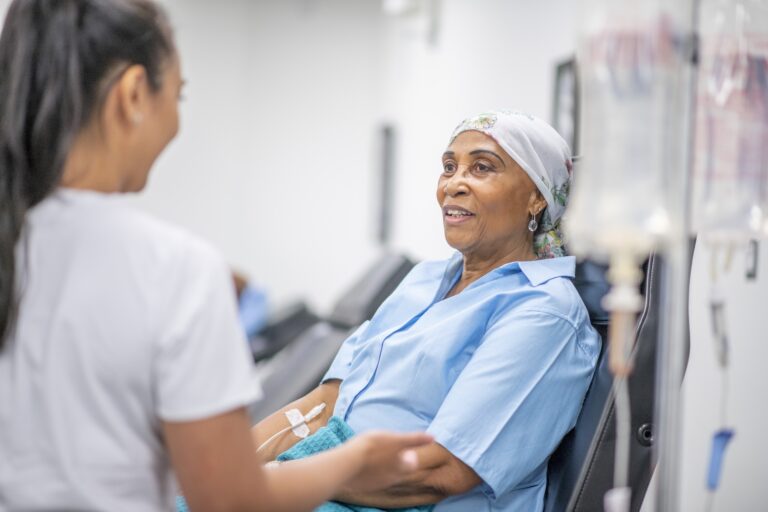How UBC supports survivors of sexual and gender-based violence
When Alicia Oeser worked at Harvard, she created a job she knew instinctively was important: the role of Community Advocate within the Office of Sexual Assault Prevention and Response.

When Alicia Oeser worked at Harvard, she created a job she knew instinctively was important: the role of Community Advocate within the Office of Sexual Assault Prevention and Response.
Later that year, when a story of inappropriate student conduct from the Harvard Crimson newspaper, the Community Advocate sprang into action and met with the students to determine what happened as well as how they could be accountable for their actions.
Survivor-centred accountability is a key principle of the two Sexual Violence Prevention and Response Offices, or SVPRO, housed at the UBC Vancouver and Okanagan campuses. SVPRO works directly with students, faculty and staff who have been impacted by sexual or gender-based violence, and provides preventative training on both campuses.
“We have three types of prevention categories including primary, looking at the root causes of violence so that it can be prevented before it occurs, secondary, as harm is occurring, for instance, bystander intervention, and tertiary, providing support after an incident has occurred,” says Oeser, now director of SVPRO at UBC Vancouver.
As part of their work to reduce sexual and gender-based violence on university campuses, Oeser and Shilo St. Cyr, director of SVPRO for UBC Okanagan, liaise closely with the UBC Investigations Office, an impartial office created to receive and manage reports of sexualized violence from students, faculty and staff for both campuses. SVPRO also coordinate their efforts with third party organizations such as the AMS Sexual Assault Support Centre.
Integrated support for all
At UBC Okanagan, four full-time staff with specialized expertise in trauma-informed counselling, social work and education help people who have been affected by sexual or gender-based violence.
“Some of the services we provide include mental health and wellness services, as well as access to counselling and academic concessions, should they be needed,” says St. Cyr. With access to expedited services, SVPRO staff are recognized in the community as trusted, non-judgmental individuals who work together with the survivor. Additionally, both SVPRO offices provide support in the areas of relationship and interpersonal violence, sexual or gender-based harassment, stalking, and technology-facilitated violence, should someone require assistance with accommodations to their employer, or concessions in their academic journey.
In addition to the healing-centred support, SVPRO will help a person who has experienced harm connect with the Investigations Office, which will meet with the person, answer questions and provide options, so the individual can determine if they would like to proceed with filing a report. If a report is received, the Director for the Investigation’s Office will determine if UBC has jurisdiction to investigate. If it does, the Investigations Office conducts an investigation, including interviewing the parties involved and gathering any other evidence that may exist.
If someone is found to have engaged in sexual misconduct, they may be disciplined by UBC.
Finding the best solution for survivors
Sometimes, though, the best outcome isn’t just punitive measures by the institution, says Carly Stanhope, Director of Investigations at UBC. “We have the goal of investigating allegations, as well as facilitating an alternative resolution process, if possible,” says Stanhope.
Often, Stanhope says, the person who has experienced harm may want the person who caused harm to know that what they did is not ok, but may not feel comfortable reporting through the criminal justice system, or proceeding under UBC’s process.
“A lot of times, pressing criminal charges or proceeding through UBC’s process can be re-traumatizing for the impacted individual,” says Oeser. “We always want to respect the person’s choice and comfort level about reporting. Talking to SVPRO does not initiate an investigation and is entirely confidential.”
To conduct a fair investigation, the Investigations Office needs to be thorough, says Stanhope. “Cases can be complex and take time to investigate. For example, if there is a pattern of conduct, that may take longer to investigate than a single incident,” she says. “An investigator’s job is to consider the entire context of the behavior, identifying systemic issues where they arise. It’s important to make culture and context part of the investigation.”
Due process and procedural fairness
During an investigation, explains Stanhope, two critical factors are in play: due process and procedural fairness.
“UBC has a responsibility to respect everyone’s rights as the process plays out,” she says. “That means that the person reported to have caused harm has a right to know the allegations and respond with their own evidence. Both parties also have a right to have the matter considered with impartiality and to receive a copy of the IO’s findings.”
Due process and procedural fairness are not only important legal concepts but they are also vital to ensuring that the UBC community has confidence in the system, argues Stanhope.
“Research shows that, the sooner a person connects with supports, the more effectively you can address the guilt, shame or blame that they may feel,” says St. Cyr. “While disclosures and reports have increased, it not necessarily because incidents have increased but rather because of growing awareness of the offices, and better trust in the process.”
Creating an environment of accountability
As SVPRO continues to provide supports to the UBC community on both campuses, Oeser and St. Cyr share a vision for their respective offices: to increase options for accountability.
“Actions do have consequences, but for change to occur, a person has to learn that what they did is wrong, as well as seek to repair the harm,” says Oeser. “Accountability must also occur at a community level, where we understand these behaviours as unacceptable, believe survivors, and educate ourselves about consent practices.”



